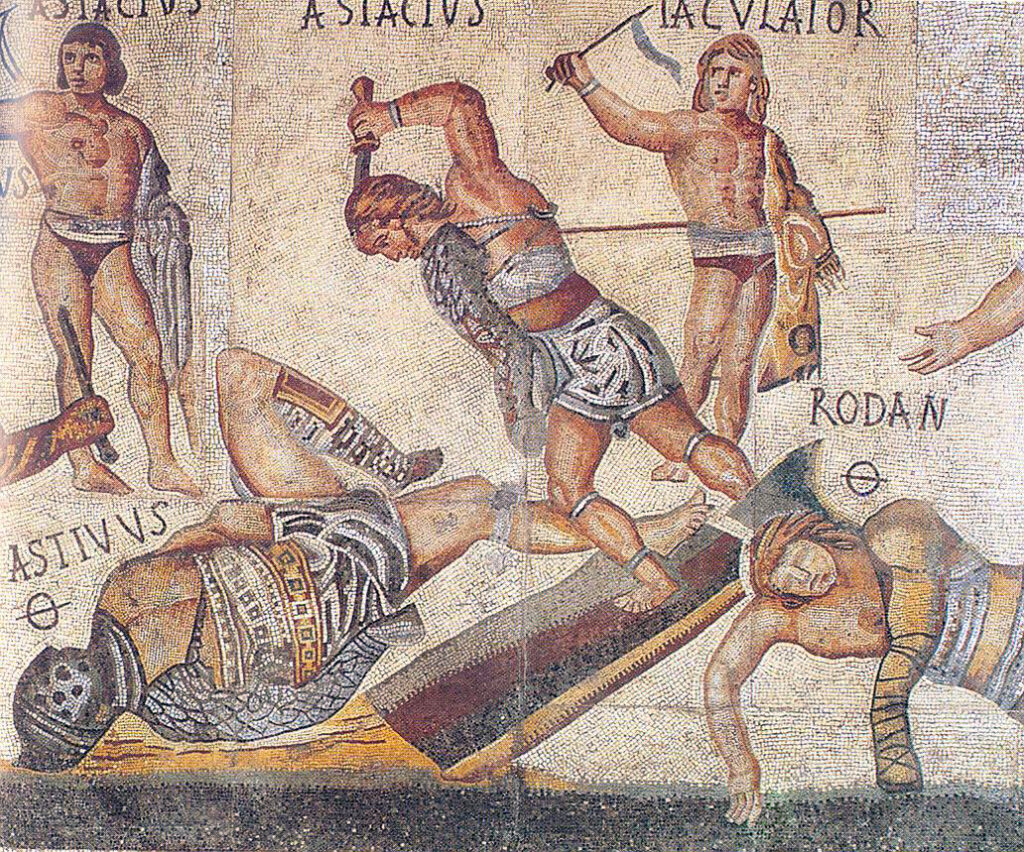
The Theta is the natural symbol of Thanatism. The number nine and the first letter of “thanos” or “death” in Greek, it has from ancient history symbolized death. We’ve uncovered ancient Greek pottery ballots supporting the death penalty marked simply with the Theta. Because of its relation to death, Roman coins demarking nine often avoided the Theta and rather displayed a Delta and Epsilon, as 4+5=9. It is also speculated that Theta, beyond being the first letter of the Greek word for death, also gained its symbolic meaning because it resembles a skeletal mouth across a human skull.
Although such symbols may seem unimportant, they have always been an important part of human faiths. They are first and foremost important to the believer. As humans, identification, or the association of who we are with something external, is one of our most fundamental expressions of care. Through this symbol, at a glance, we can reawaken and re-experience the moment when we first encountered death as a personal truth.
Further, the Theta helps us recognize each other in the wild. As of now, there is just Thanatist One, but imagine my joy the first time I might lay eyes on another human being who has found enough peace, courage, and self-understanding through these words, that they wear a symbol to signify their new personhood to the world. In a society that will no doubt react to this new strange voice with fear and derision, how reassuring it will be for those of us among the faithful to see another of our kind.
The Theta not only reminds us of what we have become, not only does it serve as a symbol of kinship to us all, it also can be a beacon to a world yet fleeing from their truth. As we begin to live out the new minds that we’ve earned through accepting daily that which we would all rather not to believe, we will exhibit a character distinct from that of the world that still hides. We will display a peace and courage that others will recognize, and when they look to see what makes us different, they will see the Theta of our faith.
Such a symbol also holds us accountable to that which we profess to believe. No doubt the symbols of all faiths have been tarnished by their believers’ uncharacteristic acts. So too, no doubt, shall we, as Thanatists, fail to live our new selves fully without contradiction. At those moments, however, when we see the disapproving glance of another or feel the shame of our selfish acts, the Theta we wear upon our bodies will brand our souls with a reminder of our failing so that we might remember in the future to act as we believe.
Symbols are, of course, great human folly. They most often represent humanity at its worst. So too shall be the fate of the Theta should that which it represents fail to change us significantly and for the better. If, however, we allow the power of death to transform us at our core, if we maintain the practices that bend our ancient minds to our wills, if we foster the communities that will help us grow as Thanatists, the Theta may one day represent a new kind of human so thoroughly consistent with itself, that others will marvel at what we have become.
